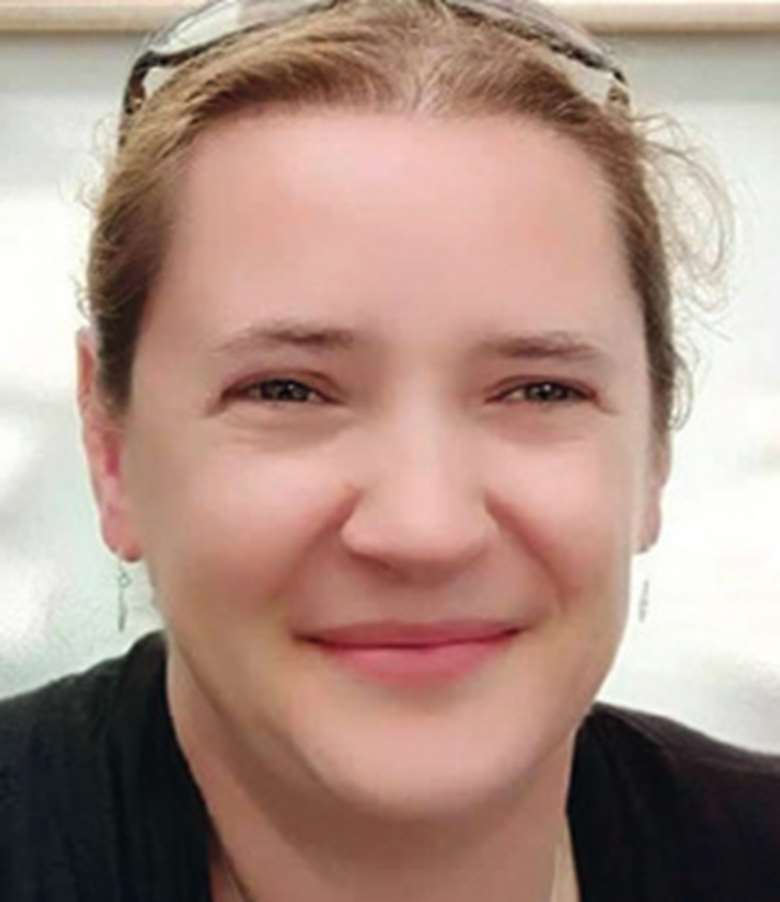Opinion with Emma Love
Emma Love
Thursday, October 22, 2020
Changing perceptions of curricular Drama – What's the key?

When a Drama teacher speaks about the importance of their subject, they may encounter the occasional supportive response. However, they are more likely to hear: ‘of course you're going to gush – bloody luvvie!’ ‘what's the point? Not everybody wants to perform, and the profession is overcrowded – and mostly unemployed at the moment anyway’ ‘kids are dramatic enough without you lot pitching in’…and so on.
The problem here is one of perception. The majority of people do not understand that there is a difference between Speech and Drama, Performance Drama and Curricular Drama. The work we do in the classroom, particularly at KS2 and 3, is different from what the LAMDA lady does, what happens in our rehearsal rooms and what is delivered by Stagecoach et al; it has to be, because the young people in our classrooms have not chosen to be there and it's often the ones who don't want to be there who need us most.
Our work in the classroom is essential to the development of key skills (I won't say ‘soft’ skills, the term makes my hackles rise). We facilitate young people's ability to think creatively and critically, collaborate and problem-solve constructively and develop the emotional intelligence to communicate clearly and appropriately: all the skills employers repeatedly say we don't teach in schools – and are absolutely essential for every child who doesn't want to end up on stage (particularly the ‘dramatic’ ones).
There's also a problem within our profession. I don't mean teachers of other subjects or SLT – I mean teachers of Drama. We are a disparate bunch, only a small proportion of whom have been trained as teachers of Drama. There are those who are purely interested in the ‘art’ of Drama, those who become fixated on practitioners and performance techniques, and those who feel that encouraging their students to rant and swear is empowering them – often without a second thought for what can be offered in terms of actual life-skills to each and every child in their classroom.
Each teacher's practice is individual, as it should be.
However our mission and core purpose should be the same: key skills. When it comes to answering ‘what is curricular Drama for?’, we should all be offering the same answer, and until we have a unified vision and curriculum and can offer consistent and quantified results, the negative perceptions won't change.

